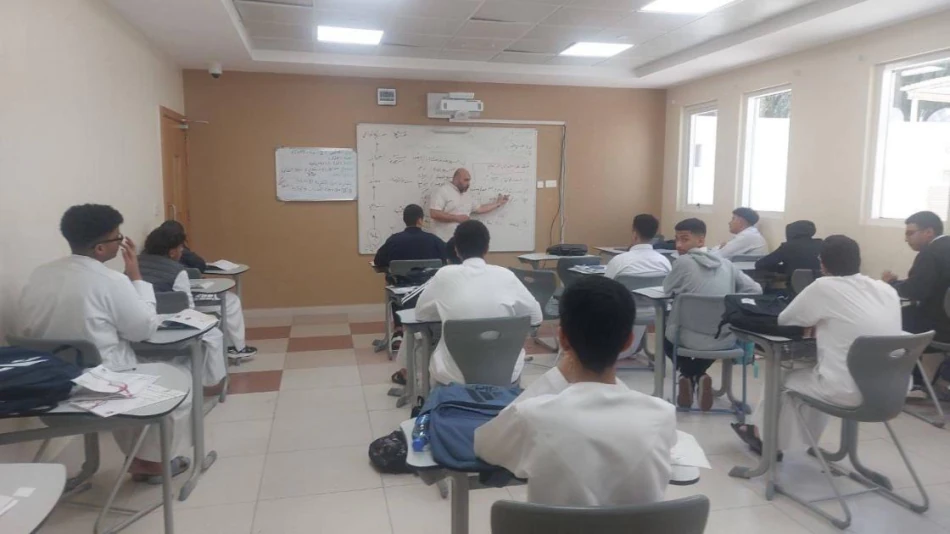
UAE Issues Guidelines to Promote Student Discipline and Positive Behavior in Schools
UAE Schools Implement Strict Digital Controls and New Protocols as Academic Year Intensifies
Public and private schools across the UAE following the national curriculum have rolled out comprehensive new guidelines targeting student behavior, technology use, and administrative procedures as the second week of the academic year begins. The measures reflect a broader push toward educational discipline and digital governance, signaling how Gulf education systems are adapting to post-pandemic learning environments while maintaining traditional oversight.
Technology Crackdown: Mobile Phones Banned, Government Devices Monitored
Schools have implemented a complete ban on mobile phones within school premises, alongside strict restrictions on tablets and laptops containing social media applications. Any violating devices will be confiscated and returned only to parents, with disciplinary action taken according to school behavior policies.
The technology restrictions extend to government-issued educational devices, where schools announced that any ministerial device experiencing malfunctions or screen damage after more than one year of use will no longer be covered under technical support warranties. Students must now seek external repair services for older devices, potentially creating financial burdens for families who have come to rely on state-provided educational technology.
Email System Overhaul Signals Digital Infrastructure Shift
A significant change involves the transition of student email formats from the previous "ese.gov.ae" to the new "moe.sch.ae" domain, following Ministry of Education directives. While passwords remain unchanged and existing files are preserved, the shift suggests a broader reorganization of the UAE's educational digital infrastructure, potentially improving security and administrative efficiency.
Uniform Enforcement Tied to National Identity
Schools have emphasized that strict adherence to approved uniforms reflects students' national identity, stating that students represent both their schools and country through their behavior and discipline. This messaging aligns with broader UAE initiatives to strengthen cultural identity among younger generations, particularly as the nation's population becomes increasingly diverse.
The uniform policy extends beyond mere dress codes to encompass punctual attendance at morning assemblies, which administrators frame as demonstrating respect for school regulations and fostering positive daily attitudes.
Administrative Modernization: From Paper to Magnetic Cards
Several schools are replacing traditional paper exit permits with magnetic cards containing student data, streamlining identity verification and exit procedures. This digitization effort aims to reduce daily congestion and organize student movement more efficiently, reflecting the UAE's broader smart city initiatives.
Permission Protocols Tightened
New policies require formal applications and prior approval for any student departure from classrooms or school premises. The structured approach to student permissions suggests schools are prioritizing safety and accountability, possibly in response to security concerns or administrative challenges experienced in previous academic years.
Data Updates Critical for Service Delivery
School administrations are urging students and parents to expedite data updates, emphasizing that accurate information serves as a foundation for smooth educational services and improved school organization. Officials note that precise data facilitates immediate and effective communication between schools and homes, enabling better monitoring of students' academic and behavioral progress.
Implications for UAE's Educational Evolution
These comprehensive measures suggest the UAE's education system is entering a more regulated phase, balancing technological integration with traditional disciplinary approaches. The simultaneous embrace of digital tools and restriction of personal devices reflects a calculated strategy to maintain educational focus while preparing students for a technology-driven future.
For parents and students, these changes represent both opportunities and challenges. While improved administrative efficiency and clearer behavioral expectations may enhance the learning environment, the financial implications of device repairs and stricter oversight could create additional pressures on families navigating the academic year.
Most Viewed News

 Omar Rahman
Omar Rahman






